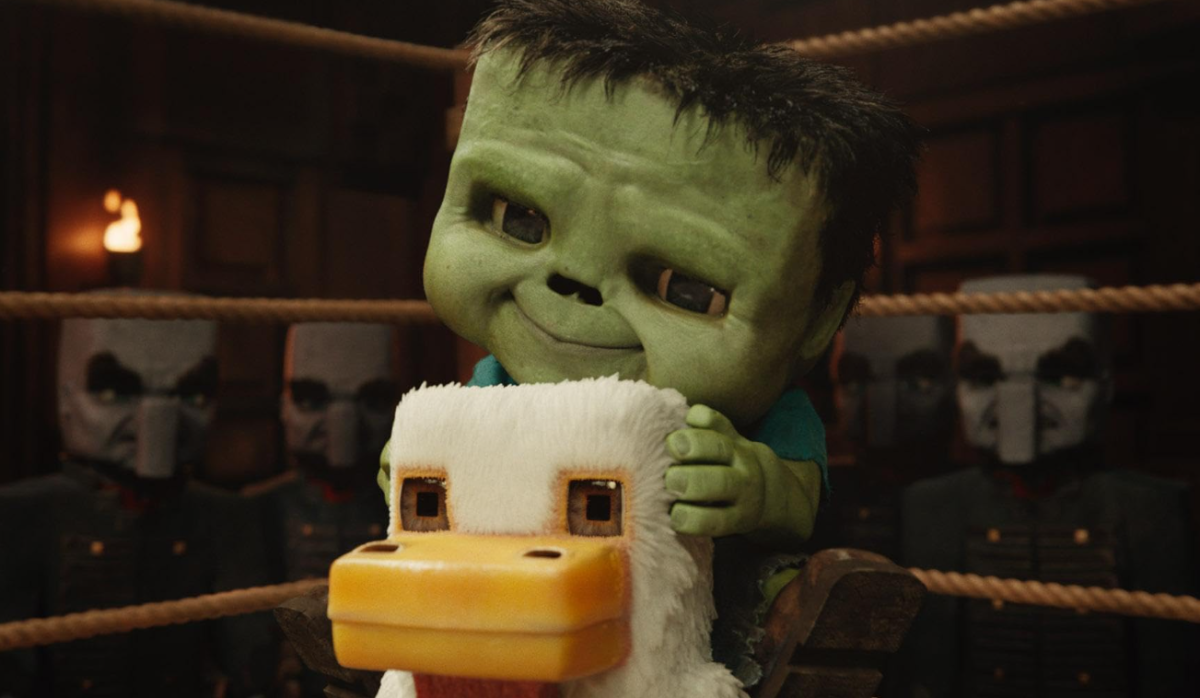We landed on the moon, and we did it with computers weaker than the phone in your pocket. We launched a rocket three times taller than Rudder Tower, piloted it 240,000 miles through the cold, unforgiving vacuum of space and planted an American flag on alien soil. Then we did it again — five more times.
Saturday marks the 57th anniversary of mankind’s first tentative step toward that momentous achievement. Fifty-seven years ago a man-made machine reached escape velocity for the first time and orbited the Earth. Its colors were red, and it jolted the United States to the sickening truth that the Soviet Union was not only beating us in a high-tech arms race, but that they were far superior.
Sputnik was a reality check that the nation took to heart. The ensuing Space Race is one of the most exciting and dramatic stories in modern history. Its settings are the Florida swamps around Cape Canaveral, the hot suburbs of Houston and the dark backdrop of outer space. Its characters are larger than life — a young and charismatic president who is assassinated before his vision for America’s space program is realized, maverick test pilots with names like Shepard and Armstrong, and a host of sleepless engineers who perfected the science behind science fiction.
Future generations may look back on 2014 as we look back on 1957. America is again faced with a technology crisis — no American has had the freedom to enter space on their own accord since 2011. As of today, the United States’ manned space program is completely dependent on Russia. We may have won the Space Race, but that victory has been anything but kind.
Things may be about to change. On Sept. 16, NASA announced a contract with Boeing and SpaceX to develop the technology necessary to carry American astronauts into low Earth orbit and back — critical steps toward redeveloping the capability to build and operate spacecraft for more ambitious missions.
Only time will tell if this gamble on the private sector will pay off. But one thing is for certain — history will look back on this year with the same importance as we look back on 1957. The setting and characters may be different, but the similarities remain. Despite disadvantages, America is poised to again embark on a most hazardous and dangerous endeavor — the exciting adventure of space.
John Rangel is an aerospace engineering junior and science and technology editor for The Battalion.
Remembering the first manned space launch
October 1, 2014
0
Donate to The Battalion
$2790
$5000
Contributed
Our Goal
Your donation will support the student journalists of Texas A&M University - College Station. Your contribution will allow us to purchase equipment and cover our annual website hosting costs, in addition to paying freelance staffers for their work, travel costs for coverage and more!









